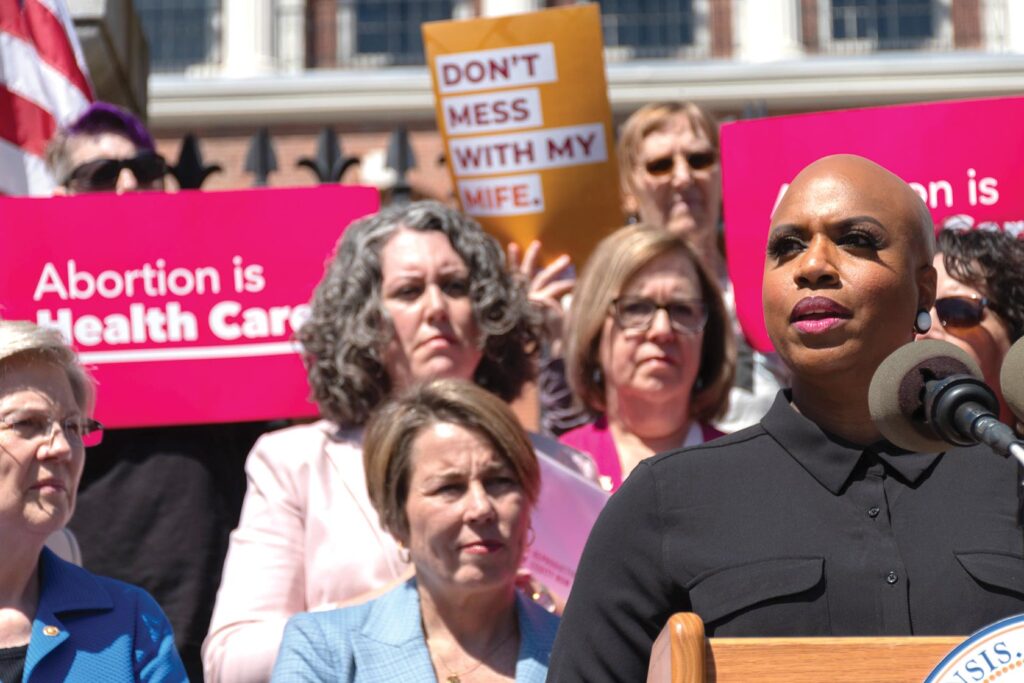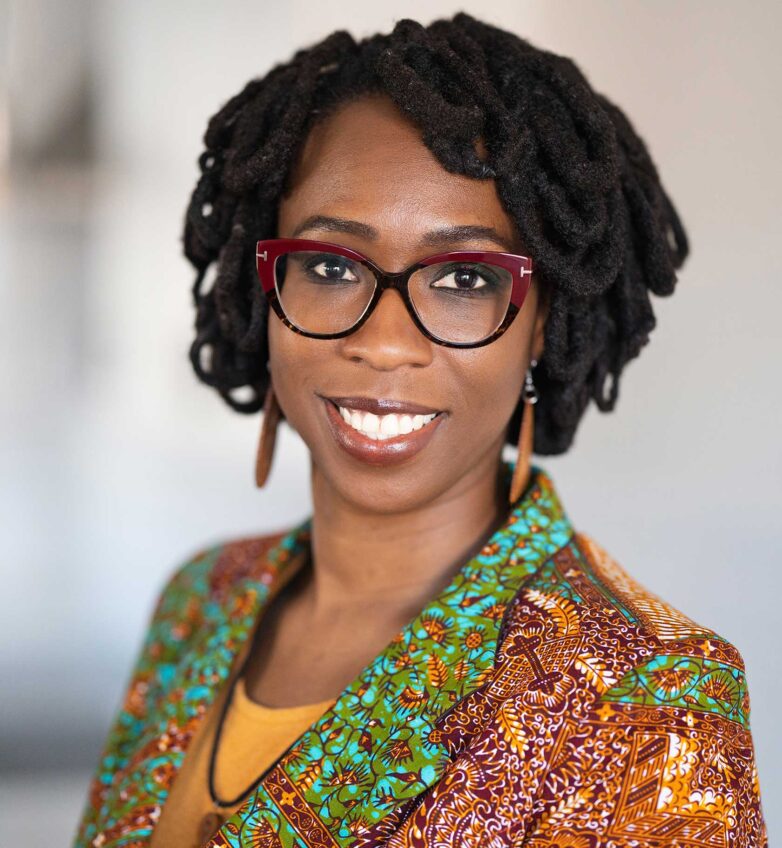
Governor Maura Healey signed an executive order Monday protecting access to medication abortion statewide, following a ruling by a federal judge in Texas which would restrict access to mifepristone, a medication that has long been used to end pregnancies.
The executive order — which Healey announced at a press conference outside the State House — clarifies the inclusion of medication abortion in the 2022 “shield law” passed by the Massachusetts Legislature.
“For anyone out there in the need of services, in need of care, nothing has changed and nothing is going to change,” said Healey, who was joined by other state and local leaders, as well as members of the Massachusetts Congressional delegation. “We’re going to make sure that we stay the course here in Massachusetts and ride this out.”
The shield law, passed in July, protects providers and people seeking abortions, especially from out-of-state investigations and legal actions. The legislature passed the law following the ruling of the U.S. Supreme Court in Dobbs v. Jackson, which overturned the abortion protections in Roe v. Wade.
At the press conference, leaders and activists condemned the April 7 decision by Judge Matthew Kacsmaryk restricting access to mifepristone, calling it the latest action in a series of efforts by anti-abortion extremists to limit access to abortions nationwide. In the decision, Kacsmaryk ruled that the Food and Drug Administration improperly approved the drug under an accelerated approval process meant for drugs meant to treat life-threatening illnesses.
“These are truly unprecedented moments with extremist forces at work to undermine and attack our safety, democracy and health care,” said Congresswoman Ayanna Pressley. “But it is a good morning, because we will out-organize, we will out-work, we will out-legislate their hate.”
Healey said, “As governor, I am committed to making sure we do anything and everything that we need to do here in this state to make sure that, in the face of efforts to continue to undermine women’s freedom, equality, justice — so many things that so many people have fought so long for — our response in Massachusetts is going to be to double down for freedom.”
Mifepristone, the medication in dispute, was first approved by the FDA in 2000. Speakers at the event said it has a long legacy of proven efficacy.
“Let me be crystal clear: Medication abortion is just as safe today as it has been for 23 years. That’s how long it’s been on the market,” said Attorney General Andrea Campbell.
Healey called the drug a “gold standard” for medication abortion and said it is also used for treating miscarriages, lupus and ulcers, and condemned the judge’s decision to limit access.
“This political intervention into basic medical care hurts women in what can be a difficult and heartbreaking time, putting those experiencing pregnancy loss through greater discomfort, greater pain, and in some cases threatening their lives,” Healey said. “It harms patients, undermines medical expertise and takes away freedom.”
In a related effort to safeguard access to the drug, prior to the Texas court’s ruling Healey asked University of Massachusetts Amherst to purchase 15,000 doses for distribution to health care providers. Delivery of the doses is expected sometime this week. Healey said her administration expects that supply to last over a year.
As Healey and others work to address access to medication abortion in the short term, Sen. Elizabeth Warren said that voters should be looking ahead to the 2024 election.
“The only way we will put a stop to this is at the ballot box,” Warren said. “We need more people in Congress who will make Roe the law of the land. This extremist Texas judge reminds us that Roe will be on the ballot in 2024. Our eyes must be on fighting for the rights of all people to access to healthcare in 2024, and that means getting in the fight for a Congress that will make Roe the law of the land again everywhere in America.”
She added, “I have lived in an America where abortion is illegal. We are not going back, not now, not ever.”
At the press conference, Campbell said providers and patients should reach out to a hotline set up by her office in February, in partnership with local nonprofits and legal offices, if they have questions about the ruling.
“For providers and patients who are feeling scared and confused today, know that all of us have your back, and if you have any questions about this ruling, please call the abortion legal hotline,” Campbell said.
The hotline can be reached at (833) 309-6301.




